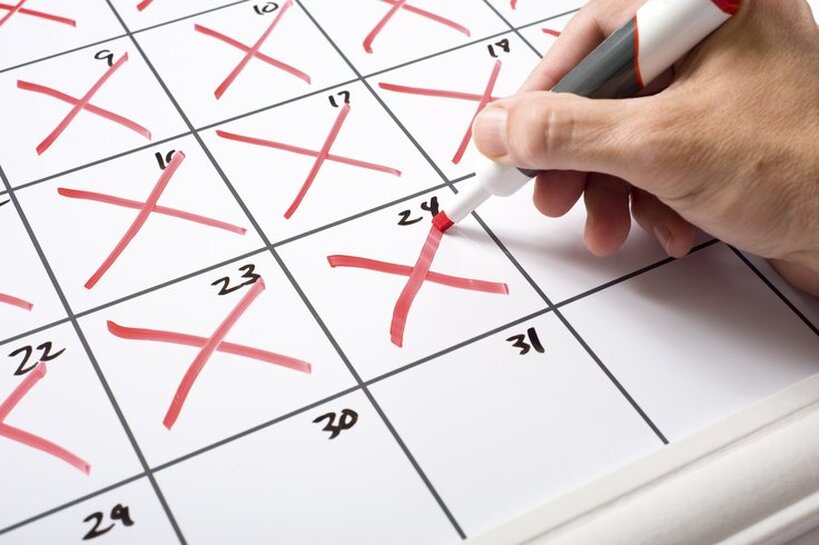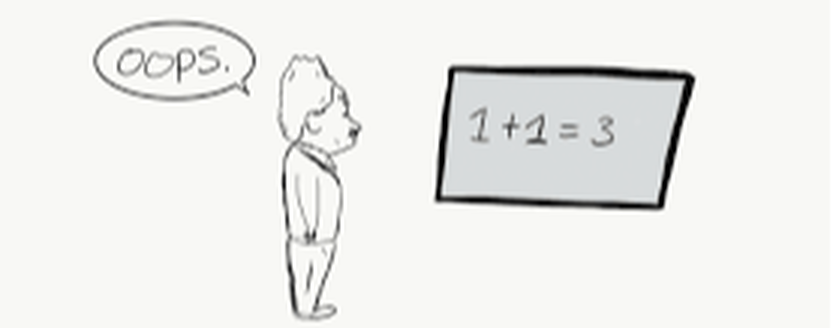|
If your child experiences any issues on test day that that negatively affects their performance, fill out this SAT Inquiry form and call the College Board Support line (866-756-7346 or 212-713-7789) as soon as possible. Ideally, you will want to complete these steps on either the same day or the day after the SAT exam.
Below are the four common test center issues:
While these are four common issues, your child may experience something that falls outside of these categories. Regardless, it's important to contact the college board if the issue in question negatively affected your child's ability to take the exam. The College Board will usually rectify the issue by refunding the exam fee, offering an exam-retake date free of charge (or sometimes both). I would ask for both...doesn't hurt to ask, right? Your child will also have the opportunity to cancel their scores, which I will discuss in my next post...stay tuned. "We recommend that students take the SAT in the spring of their junior year and then decide if they want to take it again in the fall of their senior year."
-College Board Website FAQ section If you're a top student trying to figure out when to take the SAT and your guidance counselor gives you the above advice, don't take it. It's a dumb idea to blindly regurgitate anything from the College Board, given it's one of the most ass-backwards organizations in the history of the world. Believe it or not, up until 2014, the College Board refused to acknowledge that SAT-prep (aka actually studying for the test) helped improve your score...pretty sad for a company that's been administering the SAT exam since 1926. Thoughtful advice depends on the specific circumstances of the student and one such group are top students: those with high GPAs who are taking Honors/AP/IB classes and will be applying to super selective colleges/universities. If this describes you, here are 4 reasons you should ignore the College Board's guidance and take the SAT sooner rather than later:
The unique circumstances of academically advanced students are just one of many examples of how students vary when it comes to their education & career goals. Therefore, giving the same blanket guidance to all students, regardless of their situation, is downright idiotic. Don't sign up for a test date simply because it’s when other students take the exam. Students have different needs based on extracurricular activities, course loads, goals, and personality. If you choose the right test date based on your circumstances, you’re taking the first step toward successfully planning for the exam — and your future higher education. Please note: Before moving on, I highly suggest reading the previous post (The SAT & Sleep: Part1 and Part2) as it covers the single biggest mistake a student can make when studying for the SAT.
As I mentioned in The SAT and Sleep: Part1, The National Institute of Health recommends that high school students get 8-10 hours of sleep per night. In part 2, we're going explore some common misconceptions high school students have about sleep deprivation when it comes to taking the SAT.
I’m in high school and don’t need 8-10 hours of sleep. My body is used to getting 5-6 hours and I feel fine. This is partly true: The human body is extremely sophisticated and constantly making adjustments. While you may feel “fine”, you’re not operating at full mental capacity. You're simply used to getting 5-6 hours of sleep per night and your body is accustomed to operating below capacity. This is your normal. If, however, you were to change your sleep habits by consistently getting 2 more hours (7-8 hours) of sleep per day, your body will adjust accordingly: increased mental acuity/alertness, more energy, better overall mood and less anxiety. This will be your new normal. According to the National Sleep Foundation, sleep deprivation can lower learning abilities by as much as 40 percent. This translates to impaired performance on the SAT:
I got over 8 hours of sleep the night before the SAT, but I still made a ton of stupid mistakes! Duh. If you regularly get 6 hours of sleep per night, one night of sleeping 8 hours won’t make any difference. Sleep is a cumulative process so the key is to get 8-10 hours on a regular basis and allow your body to adjust to this new normal. According to a Mayo Clinic study, sleep-deprived high school students start to experience improved cognitive function after 2 weeks of consistently improved sleep habits. The most important thing for testing well on the SAT is a strong understanding of the concepts being tested on the exam. Nope. While that's obviously important, sleep is even more important. As someone who teaches the SAT exam for a living, I know all SAT concepts/strategies like the back of my hand. However, it didn't matter, because, as discussed in Part1, I scored 200 points below my average when I took the test sleep-deprived. The scary part about being sleep-deprived is that you're cognitively impaired and you don't even realize it. This goes far beyond just test-taking: According to a AAA study, you're twice as likely to get into a car accident when sleep-deprived. If sleep deprivation has such far reaching consequences over how we function every day, then it makes sense that it's the single worst thing you can do to sabotage your SAT score. I just got a 1400 on the SAT!!
Not bad, right? Did I mention that I'm a full-time SAT and ACT coach? So … that's not a very good score when parents are trusting me to help their kids improve their SAT score. However, let me reassure you that my average score is between 1580 and 1600. So why did I score almost 200 points lower than my average this time? a. Fluke b. Memory Loss c. Act of God d. Sleep Deprivation The correct answer is b. Memory Loss. Just kidding. The correct answer is actually d. Sleep Deprivation. The National Institute of Health (NIH) recommends that adults get 7-9 hours of sleep per night and high schoolers 8-10 hours per night. I'm an adult and average 7 hours of sleep per night. When I’m regularly getting my 7 hours, I’m scoring fine. However, I’ve never been able to break 1500 when I get less than 6 hours of sleep per night. There were a couple times when I didn’t even break the 1400 mark. That was when I was barely getting 5 hours of sleep per night. The funny thing is, while sleep-deprived, I always thought I was doing fine when taking those exams. The shock came when I received my score. The questions I got incorrect were all silly mistakes: mostly questions I had misread. Some were even questions I understood, but somehow bubbled in the wrong answer. SMH. What about the ACT? Did I experience a similar drop in my score due to lack of sleep? YES! So take it from me: It doesn’t matter how much you know or how much you studied. The single worst thing you can do to sabotage your test score is not get enough sleep. Stay tuned for the second part of the importance of sleep and the SAT! |
Archives |







 RSS Feed
RSS Feed